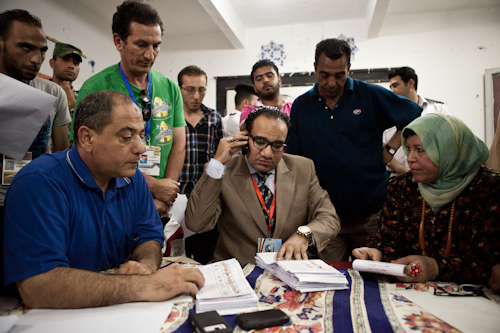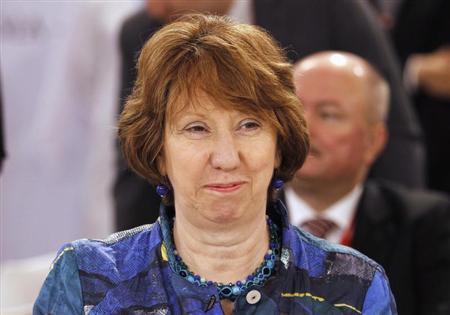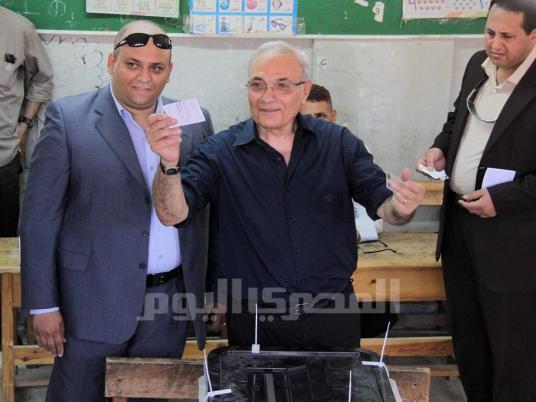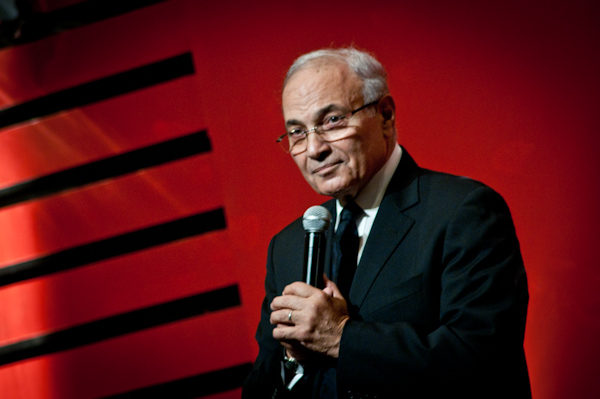
Following two days of voting, vote counting began Thursday at 9 pm in the election that will determine Egypt’s next president.
Unless one of the 13 candidates achieves more than 50 percent of the vote, runoff elections are expected for 16 and 17 June. Polls conducted before voting began varied widely, with the election appearing to be a toss-up between five leading candidates.
The results are still extremely preliminary because votes are being counted and can later be appealed, but Egypt Independent reporters’ access to ten polling stations in scattered locations across the country provides some insight into the count that determines the Egypt’s future.
At polling stations around the country, plastic ballot boxes are being unloaded by judicial officials, who then count out each vote individually while an assistant keeps tally on a lined piece of paper. The specifics, however, are varying widely across different polling stations.
At the largest polling station in Arish, the capital of North Sinai, the judge presiding over the polling station considers a ballot invalid if anything other than a check mark is written next to a candidate’s name. At a polling station in the middle class Cairo neighborhood of Sayeda Zeinab, however, the presiding judge considers any demonstration of a voter’s clear intention as a valid ballot. At a polling station in Ard al-Lewa, an infromal neighborhood in Giza, any writing voids the ballot.
Meanwhile, in a sweltering hot school in Old Cairo, the judge and his assistants stacked ballots by candidate before beginning counting. The process took over an hour but sped up the counting process. At the Medina School in the Giza neighborhood of Dokki, the presiding judge is armed with a handgun.
In Ard al-Lewa, Nasserist candidate Hamdeen Sabbahi was winning in the poll by such a great degree that the presiding judge began to make puns on the candidate's name.
In addition to judges and government employees acting as support staff, each campaign is allowed to have two representatives oversee the voting process, though only the leading campaigns appear to be represented everywhere. Accredited journalists and election observers are also present in some instances.
Voter turnout appeared to be lower than anticipated across the country.
At the Basataeen polling station, 2,300 of 3,300 eligible voters cast ballots. At the Abdel Moneim Riyadh School, the largest polling station in the Upper Egyptian city of Qena with over 200,000 voters, turnout is not expected to exceed 50 percent.



